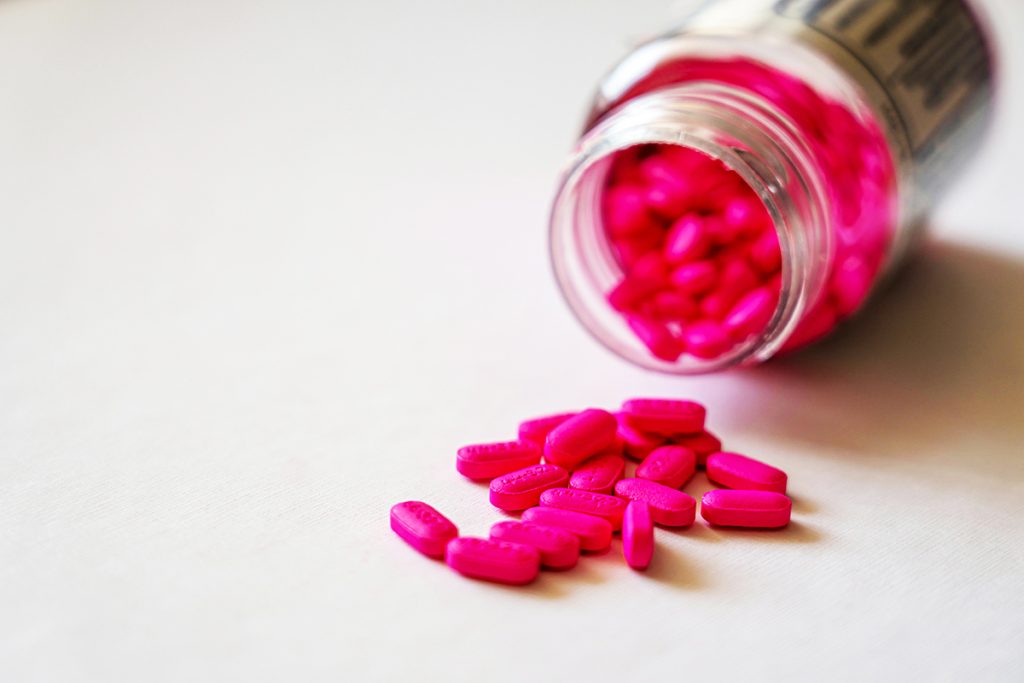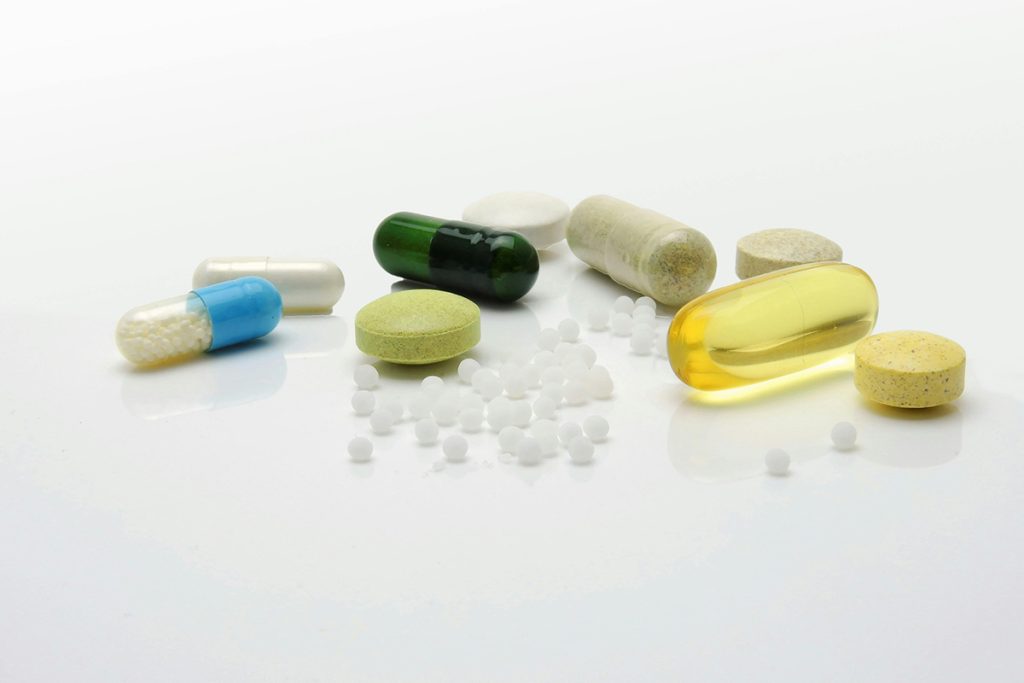Top 6 supplements to prevent memory loss and boost cognitive performance

Aging is an inevitable part of life, but that doesn’t make it any easier. While aches and pains are one thing, cognitive decline is an entirely different challenge.
The fear of dementia can make something as simple as misplacing your keys feel alarming. Although there’s no foolproof way to prevent brain decline, certain supplements have been shown to help.
Here are six supplements that have been found to enhance memory and cognitive function.
01. L-Theanine
L-Theanine, an amino acid found in certain mushrooms and teas, may enhance focus and mental performance. A small study in Neuropharmacology found that participants who took 100 mg made fewer errors during a task than those on a placebo.
A 2016 review also highlighted its potential neuroprotective benefits. Typical doses range from 100 to 250 mg daily.

02. Vitamin D
Vitamin D deficiency is associated with several neurological conditions, including dementia, depression, autism, and schizophrenia. A 2017 study in Current Gerontology and Geriatric Research suggests that vitamin D may help maintain cognitive function in older adults.
A randomized controlled trial published in Journals of Gerontology: Series A assessed the optimal dose of vitamin D for cognitive benefits in women aged 50 to 70. Participants received either 600 IU (15 micrograms), 2,000 IU, or 4,000 IU daily for a year. The group taking 2,000 IU showed improved memory and learning, while those on higher doses experienced slower reaction times.
Researchers concluded that while 4,000 IU may be safe for younger individuals, it could pose risks for older adults by increasing fall risk. Medical advice generally recommends not exceeding 100 micrograms (4,000 IU) of vitamin D daily due to potential harm.
03. Magnesium
A 2022 study of over 2,500 people aged 60 and older found that those with higher magnesium intake from food and supplements scored better on cognitive tests
The research, published in Neurology, indicates that both high and low magnesium levels may be linked to an increased risk of dementia, although it’s unclear if abnormal levels cause the condition or if those with dementia simply have atypical levels.
Magnesium is crucial for transmitting signals between the brain and body and regulates NMDA receptors, which aid in brain development, memory, and learning. The British Department of Health and Social Care considers up to 400 mg of magnesium per day from supplements safe.

04. Choline
Choline is an essential nutrient that supports the production of acetylcholine, a neurotransmitter critical for memory and general cognitive function.
In a study of 2,000 older adults, those with higher choline intake were found to have a lower risk of cognitive decline. An older study on rats also suggested that dietary lecithin, which elevates choline levels, can be beneficial.
Lecithin, a mixture of fats vital to human cells, is found in foods like soybeans and egg yolks, and is also available as a supplement.
While there are no specific guidelines for choline intake, a ‘tolerable upper intake’ level of 3,500mg per day has been suggested for adults.
05. Ashwagandha
Ashwagandha, a staple in Ayurvedic medicine, is known for enhancing memory and reducing stress. Emerging research indicates it may also boost cognitive function.
In a small 2017 study published in the Journal of Dietary Supplements, 50 adults with mild cognitive impairment were given either 300 milligrams of ashwagandha root extract twice daily or a placebo for eight weeks.
Those who took ashwagandha showed significant improvements in memory, executive function, attention, and information-processing speed compared to the placebo group.
Another 2021 study, published in Evidence-Based Complementary and Alternative Medicine, found that healthy adults who took 300 milligrams of sustained-release ashwagandha extract daily for 90 days experienced notable improvements in memory and focus compared to those who took a placebo.

06. Probiotic supplements
Gut health plays a crucial role in both cognitive function and overall well-being. Often called the ‘second brain,’ a healthy gut supports a healthy body, which is better equipped to handle life’s challenges.
In a 2021 study published in Journals of Gerontology Series A: Biological Sciences and Medical Sciences, 12 weeks of supplementation with a probiotic combination of Bifidobacterium bifidum BGN4 and Bifidobacterium longum BORI appeared to improve cognitive function and reduce perceived stress in healthy older adults.
Another study, published in Frontiers in Aging Neuroscience, found that Alzheimer’s patients who consumed milk enriched with four probiotic bacterial species for 12 weeks scored better on a cognitive impairment test compared to those who drank regular milk.
While the medical world points out that there’s limited evidence supporting many health claims about probiotics, they are generally considered safe. So, it may be worth giving them a try.




















